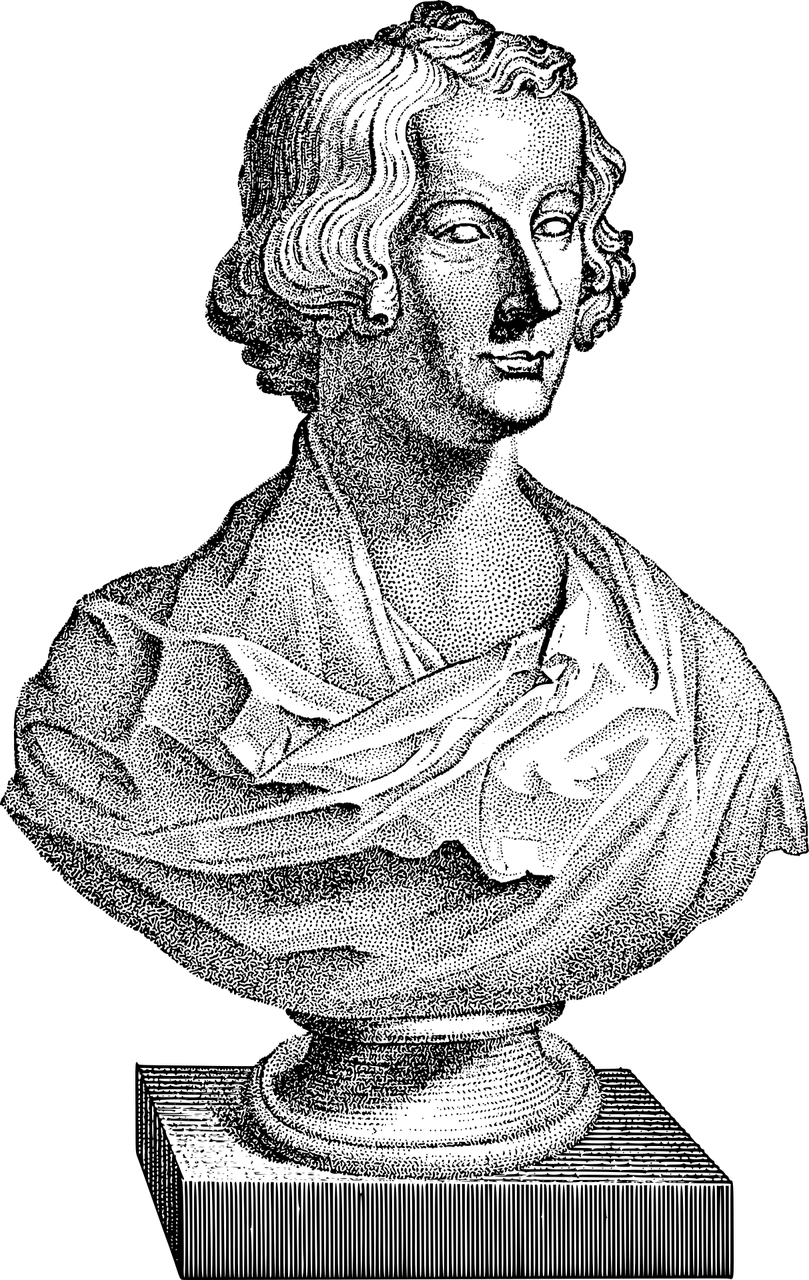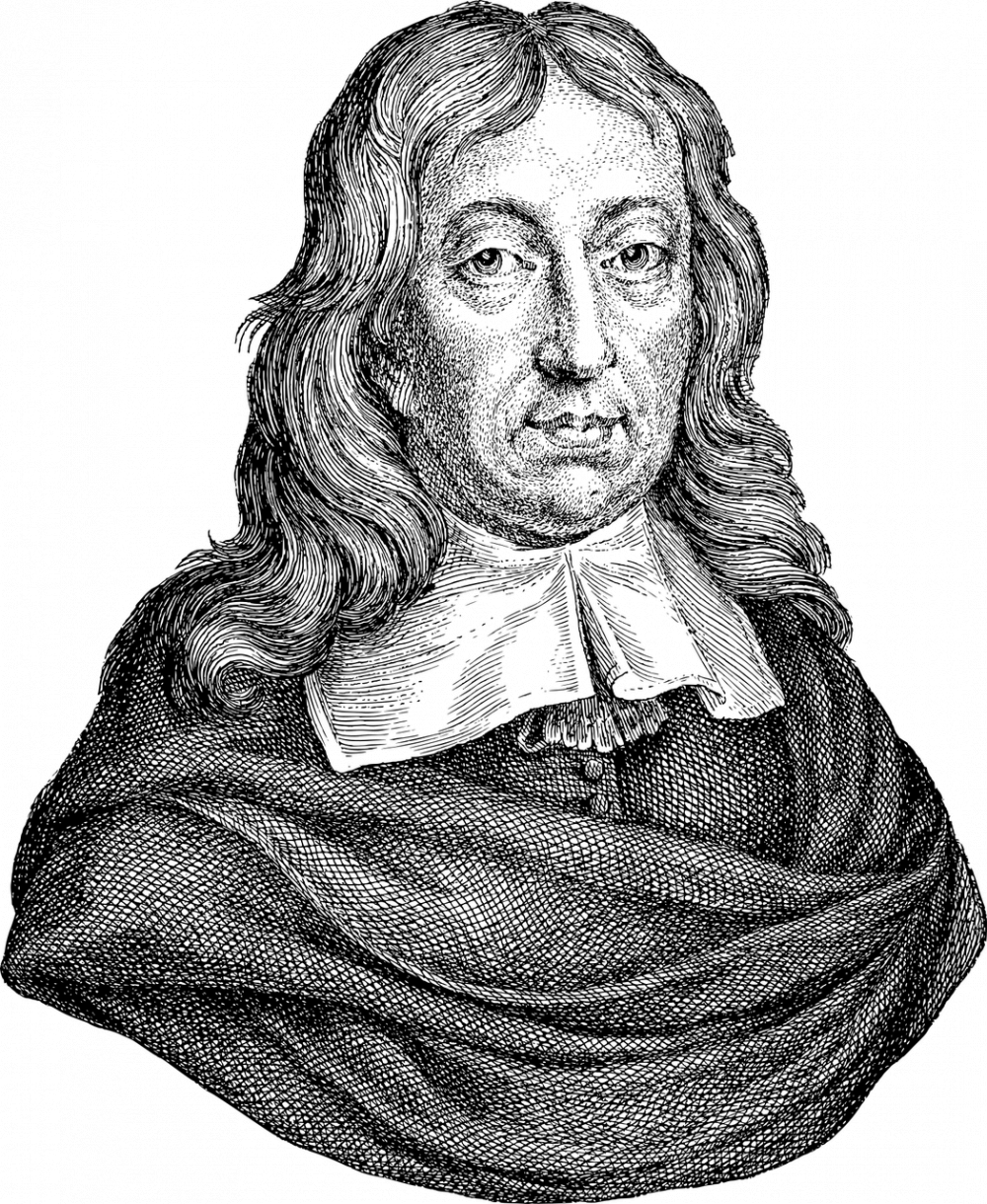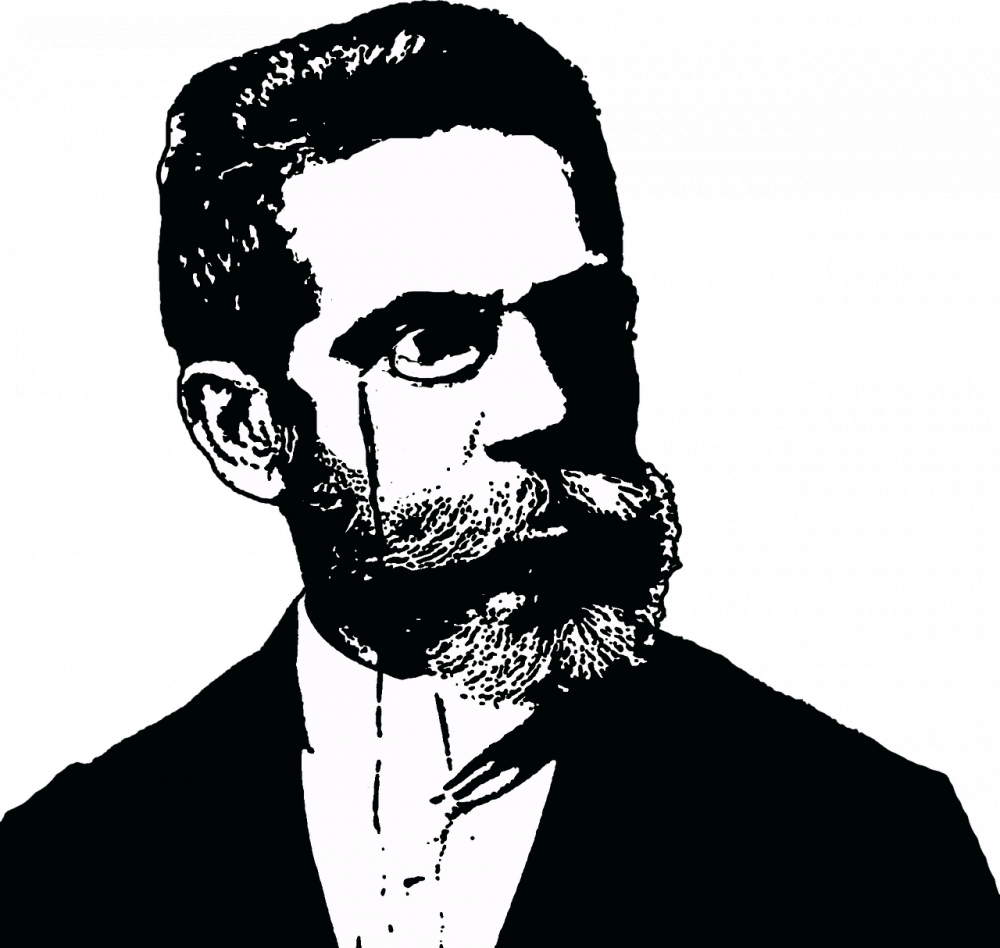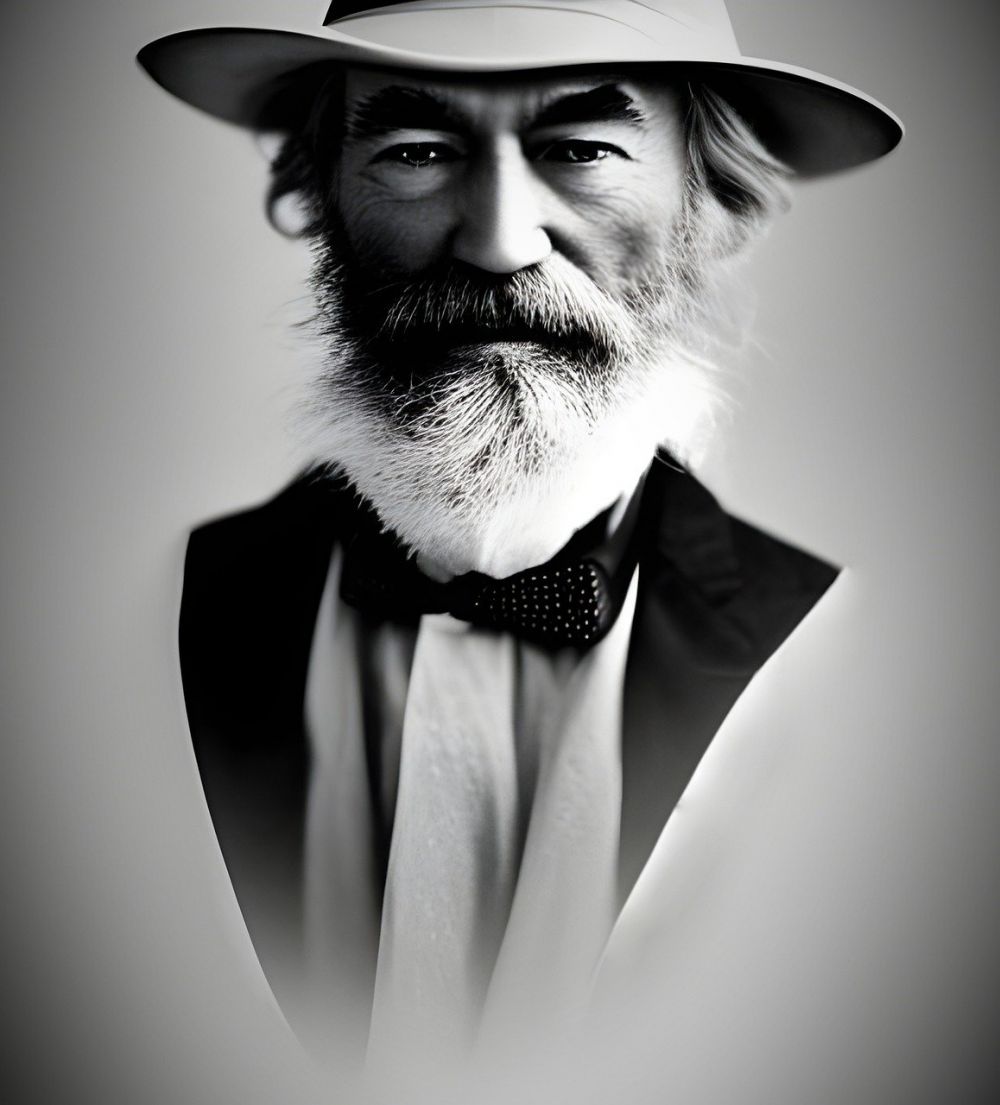George Orwell Books: A Deep Dive into the Literary Masterpieces

Introduction:
“George Orwell books” refer to the brilliant literary works penned by one of the most influential authors of the 20th century, George Orwell. Delving into his captivating stories takes readers on a thought-provoking journey through themes of totalitarianism, social injustice, and the individual’s struggle for freedom. In this article, we will explore the significance of George Orwell’s books and provide a comprehensive overview of their historical development.
Historical Background:

George Orwell, born Eric Arthur Blair in 1903, was an English writer and journalist. Orwell’s books reflect his own life experiences, such as his time working in the British Imperial Police in Burma and his participation in the Spanish Civil War. These encounters shaped his perspectives on politics, society, and the human condition, which he brilliantly expressed through his literary works.
1. The Early Works:
Orwell’s early works showcase his talent for insightful social commentary and political critique. “Down and Out in Paris and London” (1933) exposes the harsh living conditions of the working class and the homeless. “Burmese Days” (1934) highlights the inherent racism and oppression under British colonial rule. These books provide a glimpse into Orwell’s evolving writing style and thematic concerns.
2. Animal Farm (1945):
Considered one of the greatest satirical novels of all time, “Animal Farm” combines allegory and fable to criticize Stalinist communism. Depicting a group of farm animals who overthrow their human oppressors, Orwell unveils the corrupting nature of power and the manipulation of language for control. This masterpiece serves as a cautionary tale about the potential dangers of political ideologies.
3. 1984 (1949):
Possibly George Orwell’s most renowned work, “1984” envisions a dystopian future where an all-powerful government, led by Big Brother, manipulates every aspect of society. Orwell’s grim depiction of totalitarianism and the erasure of individualism remains an enduring warning against the erosion of civil liberties. This thought-provoking novel continues to resonate deeply in the modern age, making it a must-read for anyone interested in exploring the complexities of power and surveillance.
4. Other Notable Works:
Orwell’s repertoire extends beyond “Animal Farm” and “1984.” “Homage to Catalonia” (1938) is a non-fiction account of his experiences fighting in the Spanish Civil War, shedding light on the complexities of war and ideology. “Keep the Aspidistra Flying” (1936) delves into themes of alienation and the impact of capitalism on the individual. These lesser-known works further demonstrate Orwell’s versatility and his ability to engage readers with profound social commentary.
Conclusion:
George Orwell’s books have left an indelible mark on literature and continue to captivate readers worldwide. With his innate ability to weave compelling narratives with profound political and social insights, Orwell’s works remain highly influential and thought-provoking. Whether it’s the portrayal of the dangers of totalitarianism in “1984” or the critique of ideologies in “Animal Farm,” Orwell’s books offer readers an opportunity to reflect on the complexities of our world. For any true connoisseur of literature, delving into George Orwell’s books is an enriching and necessary endeavor.





